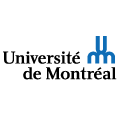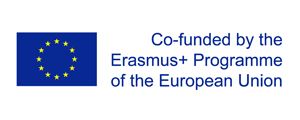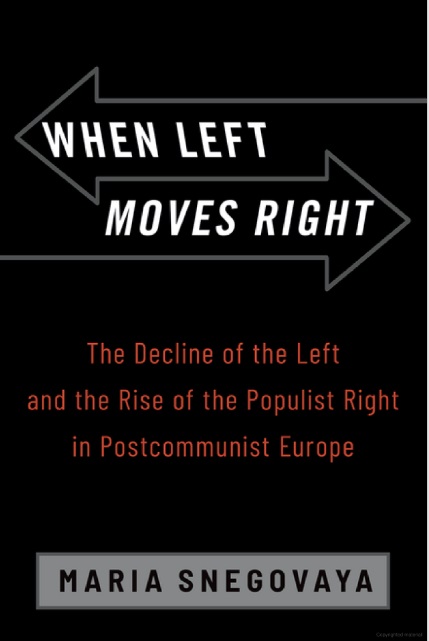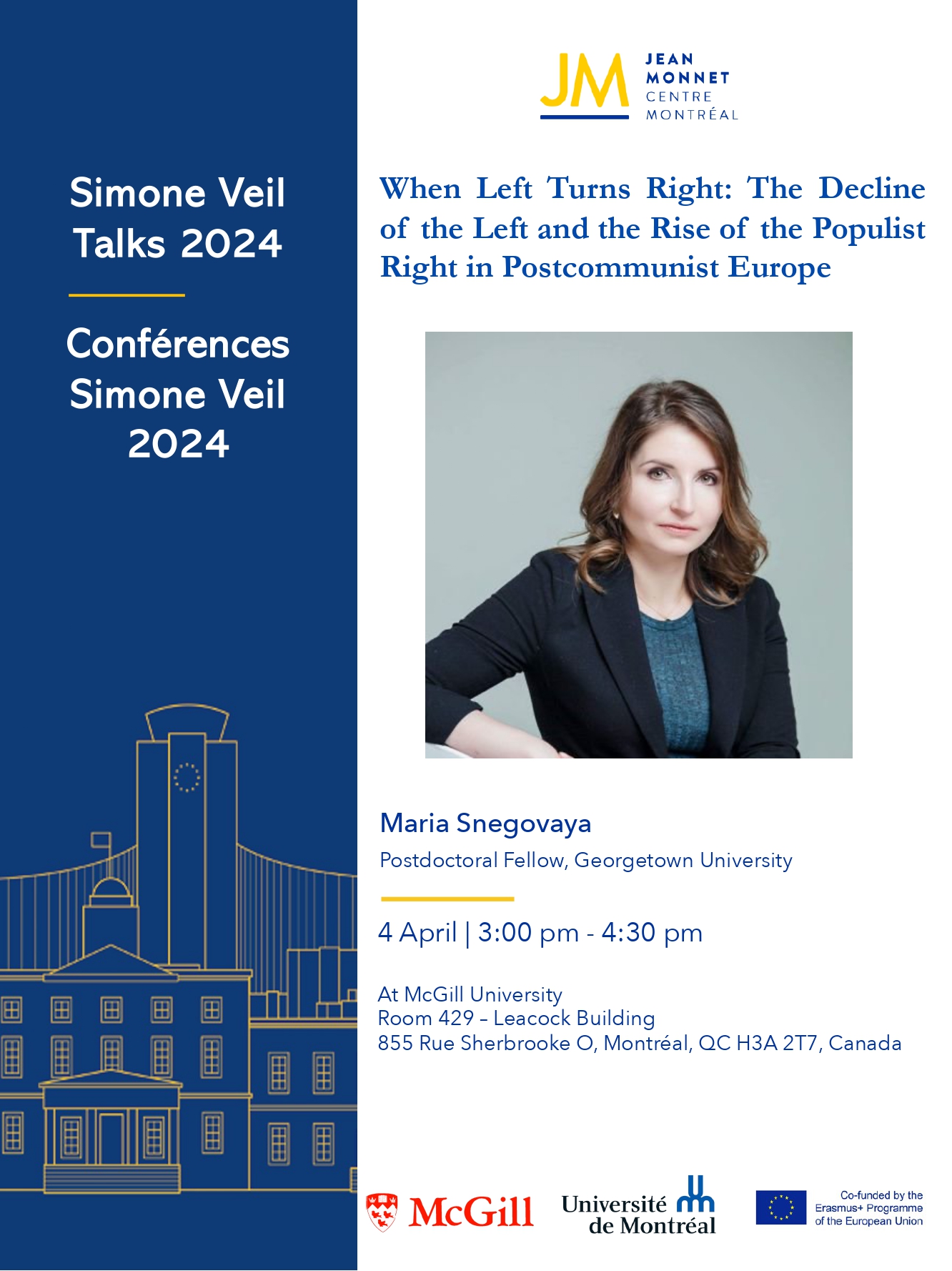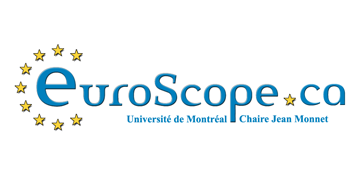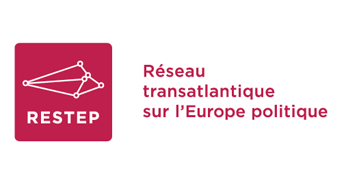04.04.2024 : Conférences Simone Veil – Maria Snegovaya
Le Centre Jean Monnet accueille Maria Snegovaya (chercheuse post-doctorale, Université de Georgetown) dans le cadre des Conférences Simone Veil 2024. Maria Snegovaya viendra parler de son nouveau livre intitulé « When Left Turns Right: The Decline of the Left and the Rise of the Populist Right in Postcommunist Europe » le jeudi 4 avril 2024 de 15h00 à 16h30. La conférence se tiendra à l’Université McGill, dans la salle 429 du bâtiment Leacock, 855 Rue Sherbrooke O, Montréal.
La conférence sera en anglais. Pas d’inscription requise.
Maria Snegovaya est une chercheuse spécialisée sur la Russie et l’Eurasie au sein du programme Europe, Russie et Eurasie du Center for Strategic and International Studies (CSIS). Elle est également chercheuse post-doctorale à la Walsh School of Foreign Service de l’Université de Georgetown. Ses domaines d’études incluent la politique intérieure et étrangère de la Russie, ainsi que le recul démocratique en Europe post-communiste et les tactiques utilisées par les acteurs et les proxies russes qui exploitent ces dynamiques dans la région. Ses analyses ont été publiées dans plusieurs revues politiques et à comité de lecture. Ses travaux et commentaires ont paru dans des publications telles que le New York Times, le Wall Street Journal, Bloomberg, The Economist et Foreign Policy. Tout au long de sa carrière, elle a collaboré avec plusieurs centres de recherche et think tanks américains tels que le Center for a New American Security et le Center for European Policy Analysis. Maria Snegovaya détient un doctorat en science politique de l’Université Columbia.
Voici un extrait de son livre :
« Over the past two decades, postcommunist countries have witnessed a sudden shift in the electoral fortunes of their political parties: previously successful center-left parties suffered dramatic electoral defeats and disappeared from the political scene, while right-wing populist parties soared in popularity and came to power. This dynamic echoed similar processes in Western Europe and raises a question: Were these dynamics in any way connected? When Right Moves Left argues that they were. And that the root of the connection between them lies in the pro-market rebranding of the ex-communist left–the key explanatory variable. This book asserts that, though the left’s pro-market shift initially led to electoral rewards, it had a less straightforward impact on left-wing parties’ electoral fortunes in the long run. Traditional supporters of the left (working-class and economically vulnerable groups) were alienated by the new economic policies, and the middle-class voters newly drawn to these parties did not compensate for those losses. As a result, for several electoral rounds following the rebranding, reformist parties on the left suffered dramatic electoral defeats. In response, right-wing parties in their respective countries adopted more redistributive economic platforms consistent with preferences of former supporters of the left, and incorporated sizeable shares of these electorates. This contributed to the growth of right-wing populist parties in the countries with a pro-market left.
The book traces this process in postcommunist Europe on different levels of analysis: cross-country observational data, case studies, and individual-level experimental surveys. It argues that scholars should incorporate the economic policy dimension when explaining the demise of the left and the rise of the populist right in the region. It also examines important parallels between the dynamics of Western and postcommunist countries by arguing that the idiosyncrasy of Eastern European politics has been overstated in scholarly literature ».


